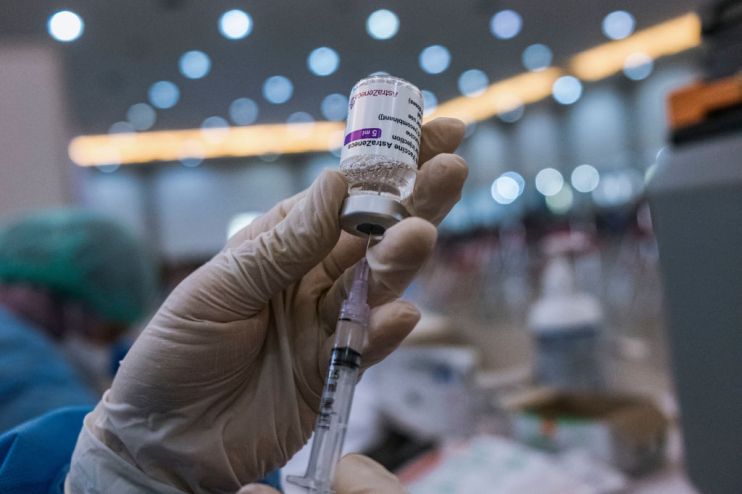UK must bridge ‘valley of death’ for homegrown science and innovation

The UK must bridge the ‘valley of death’ in which prize-winning British innovation falls and fails to be commercialised.
The Global Britain Commission said in a report today that the UK government should match Germany’s Fraunhofer programme, which helps businesses turn their research into marketable intellectual property.
Britain’s fiscal support of research and development (R&D) should be being consistently ranked within the top 10 per cent of OECD countries from 2030 onwards, the report added.
The lack of commercialisation of British innovation is increasingly weighing on the economy, as the UK teeters on the edge of a recession and races to keep up with rival countries on technology such as semiconductors, electric vehicle batteries and quantum computing.
“R&D is an essential precondition for economic growth. Getting the UK into the top-tenth of countries for R&D intensity will ensure that UK innovation is more competitive,” the group said.
“The future of the UK’s prosperity will be inexorably linked to how effectively it can produce new ideas, innovate and translate those innovations into new products and services.”
AstraZeneca and Oxford University’s Covid-19 vaccine is one of the most notable examples of turning British innovation into a multi-billion-pound product in recent years.
The business-led group also called for the private sector to take advantage of tax credits for exports, aiming for at least 350,000 businesses by the end of the decade.
Chancellor Jeremy Hunt cut the rate of R&D tax relief for small businesses in his Autumn budget in October, much to the dismay of startups.
“The SME tax reliefs can provide a vital source of financing to start-ups,” legal director of law firm Pinsent Masons, Penny Simmons said at the time. “Without access to the cash repayment, many start-ups may struggle to secure adequate funding to progress R&D and ultimately new UK based innovations.”
Supporting the commercialisation of British ideas will also help attract overseas investment, which the Commission hopes will rival US levels of venture capital funding in eight years’ time.
The government yesterday unveiled a nearly £120m international fund to support science research into challenges like climate change and nuclear fusion.
Science minister George Freeman said: “The UK has a well-earned reputation for world-class science and research, and an extremely vibrant start-up enterprise sector.
“But being a science superpower means ensuring we don’t just win prizes but invest in the appliance of science for global good: collaborating more deeply with other leading nations to tackle the urgent global challenges facing our planet.”